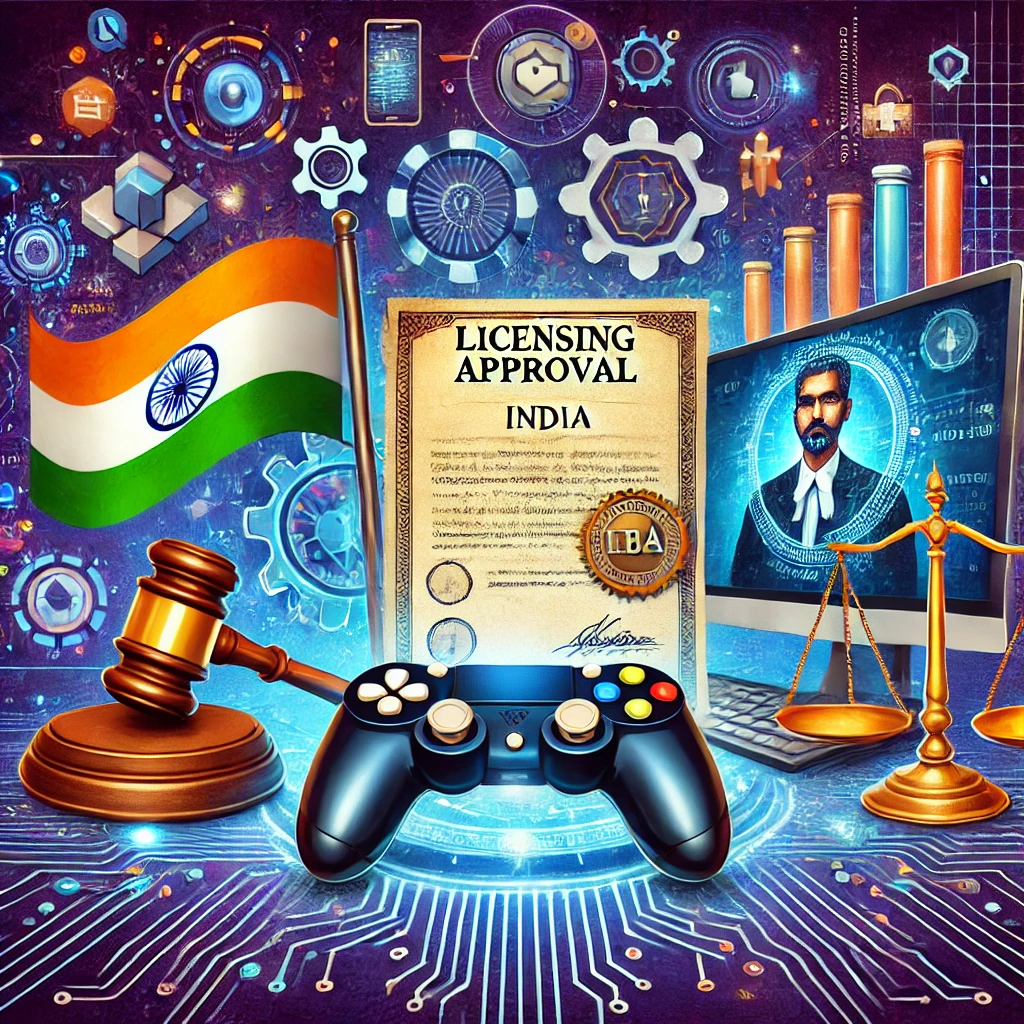Online Gaming & Licensing in India

Online gaming in India is a rapidly growing industry, but it operates in a complex regulatory environment. The legal framework primarily depends on whether a game is classified as a game of skill or a game of chance, as well as state-specific regulations.
1. Classification of Games
- Game of Skill: If the outcome is predominantly determined by a player's skill rather than luck, it is generally considered legal. Examples include fantasy sports, rummy, and chess.
- Game of Chance: If luck plays a dominant role, it may be considered gambling, which is heavily restricted or banned in many states.
2. Key Laws Governing Online Gaming
- The Public Gambling Act, 1867: A central law that prohibits gambling but does not apply to skill-based games.
- Information Technology Act, 2000: Regulates online platforms but does not explicitly cover online gaming.
- State-Specific Laws: States have the power to regulate gaming. For example:
- Tamil Nadu, Karnataka, and Andhra Pradesh have attempted bans on online real-money games but faced legal challenges.
- Sikkim and Nagaland have licensing regimes for online skill-based games.
- Consumer Protection Act, 2019: Covers misleading advertisements and unfair trade practices in gaming.
- Income Tax Act, 1961: Taxation on winnings from online gaming applies under Section 115BBJ (recent changes from FY 2023-24).
3. Licensing & Regulations
- Self-Regulatory Bodies: The All India Gaming Federation (AIGF) and Esports Federation of India (ESFI) provide industry standards.
- MeitY (Ministry of Electronics & IT): In 2023, the Indian government introduced online gaming intermediaries under the IT Rules, requiring them to get self-regulatory approvals.
4. Taxation & GST on Online Gaming
- Income Tax: 30% TDS (Tax Deducted at Source) on net winnings from online gaming platforms.
- GST: 28% GST on the full value of online gaming bets (recent policy updates).
5. Future Trends & Challenges
- Unified Central Regulation: A push for a central gaming law to avoid legal uncertainty.
- Stricter Compliance: Platforms must follow KYC norms and responsible gaming measures.
- Growing Esports Market: Esports is gaining recognition as a separate category from gambling.